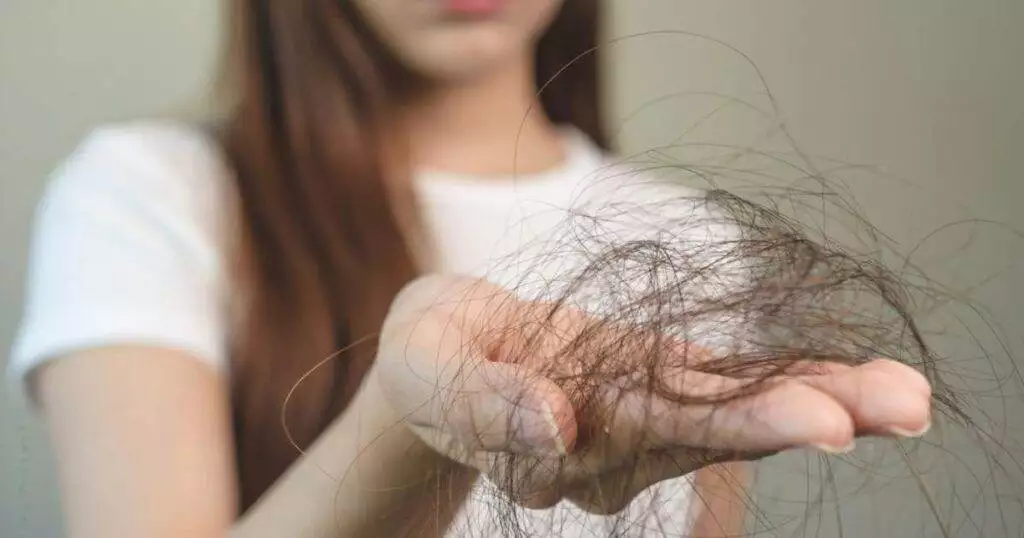
If you are a female suffering from hair loss or thinning, you may be on the hunt for remedies that can help. You may have heard of antibiotic treatments for hair loss, of which doxycycline is a common option. However, there is conflicting information about doxycycline and hair loss regrowth. This causes people to wonder: does doxycycline cause hair loss or does doxycycline treat hair loss?
In actuality, there is no conclusive evidence to say that doxycycline causes hair loss; in fact, doxycycline can help with hair loss. That’s why doxycycline hair loss regrowth is such a hot topic these days. So let’s talk about what doxycycline is, and how doxycycline for female hair loss is a viable option for women experiencing certain types of thinning.
Doxycycline is an antibiotic that is often used in the treatment of Scarring Alopecia, or Cicatricial Alopecia. Scarring Alopecia is an inflammatory cause of hair loss. It is a much more challenging hair loss issue to treat than its cousin Androgenic Alopecia (the most common type of hair loss and thinning in women).
While traditionally an antibiotic is used to treat a variety of infections, such as urinary tract infections, doxycycline is also known to have anti-inflammatory benefits that can aid in hair regrowth efforts. Scarring alopecia is a progressive disease that causes significant inflammation of the hair follicle and can result in permanent hair loss. Early and aggressive treatment is necessary to save hair and prevent further loss. For unknown reasons, the incidence of Scarring Alopecia is on the rise in men and women, particularly after COVID-19.
Doxycycline is more supplemental in nature, and patient-specific during treatment. As such, doxycycline is never used alone, but rather in combination with other strong anti-inflammatory medications such as steroids that can be used topically or injected into the scalp. Another antibiotic, hydroxychloroquine, can also be used in place of doxycycline and is considered a stronger method of treatment.
Other anti-inflammatory treatments for scarring alopecias include Low Level Laser Therapy (LLLT), and low dose naltrexone which can be used simultaneously with doxycycline.
Here at Medi Tresse, we recommend an aggressive treatment approach for Scarring Alopecia, which often includes oral doxycycline and other options such as topical clobetasol and low level laser therapy, and we have found this combination to be beneficial to our patients. Scarring Alopecia is much more common in women than men – as high as 4:1 ratio. Evidence suggests autoimmune, environmental, and genetic causes, but more research needs to be done to find a definitive cause.
Doxycycline does have side effects, including but not limited to:
It’s important to note that pregnant women cannot take doxycycline due to negative effects on the fetus.
There is no cure for Scarring Alopecia; it is a chronic condition that can intermittently get worse even with treatment. Platelet Rich Plasma (PRP) treatments to stimulate hair growth. Hair transplants improve density and can be utilized in Scarring Alopecia. However, this is only if the inflammation is under reasonable control and anti-inflammatory treatments also continue. Otherwise, these treatments only have limited benefits.
Despite the potential side effects, both men and women often tolerate doxycycline very well and are maintained on this treatment for up to one year to get the inflammation under control. Getting the inflammation under control first before moving on is a critical part of the process.
So if you’re wondering: does doxycycline cause hair loss or does doxycycline treat hair loss? We suggest you get your information right from the trusted source for hair loss: Medi Tresse. Book a consultation now at one of our many locations to find out more about this treatment option.